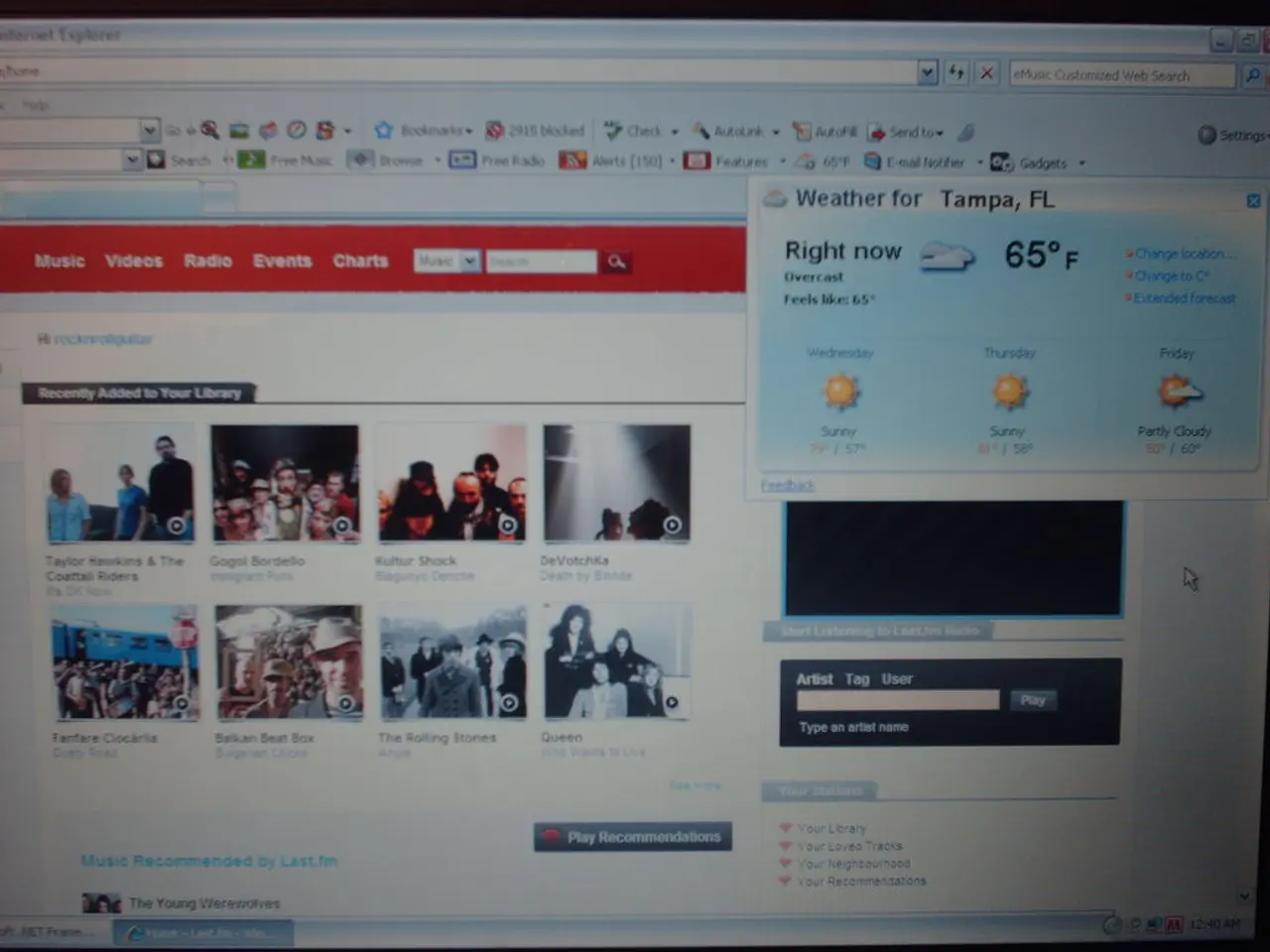The Importance of CMS: Empowering Government with Essential Management Tools for Its Own Communication
In the digital age, content management systems (CMS) have become indispensable tools for government agencies worldwide. Well-known platforms like WordPress, Joomla, and Drupal are popular choices due to their comprehensive features for managing digital content efficiently [4].
Why are CMS crucial for government agencies?
1. Efficient Content Handling: CMS platforms empower government employees, even those without deep IT or programming knowledge, to manage web pages, publish announcements, or handle public information through an intuitive, centralized interface. This democratizes content management and speeds up workflows [4].
2. Accuracy and Timeliness: Advanced CMS tools can automate real-time content updates, ensuring that residents and stakeholders always have access to the most current and accurate information about services, policies, or events. This reduces the risk of outdated or conflicting information common when relying on manual methods [2].
3. Improved Collaboration: Modern CMS solutions encourage cross-departmental collaboration by providing shared content hubs or intranet systems where multiple agencies or teams can contribute and maintain unified, consistent information [2].
4. Compliance, Security, and Accessibility: Government CMS and related document management systems comply with stringent regulations for data protection and privacy while supporting multi-language content for diverse citizen groups. Role-based access controls help maintain security by limiting content editing rights to authorized personnel only [1].
5. Supporting Digital Government Transformation: In addition to website content, CMS tools integrate with AI, automation, and analytics to enhance resident interactions, automate service requests, and facilitate seamless digital experiences, which are now essential expectations from public sector digital services [2].
For government teams managing complex websites and public communications, content management systems are essential, providing structured workflows, accountability, accessibility, and reducing the need for constant developer involvement. The structure of a CMS helps reduce confusion and prevent errors for less technical editors, with fields clearly labeled, instructions embedded in the interface, and changes able to be reviewed before going live [1].
Moreover, a CMS supports collaboration across teams, reduces bottlenecks, and helps agencies meet their mission. For instance, Mature CMSs include built-in tools for authors to catch errors, contributing to overall clarity and saving time and money [1]. By enabling subject-matter experts to manage content directly, agencies ensure that published content aligns with their mission and meets legal requirements, building trust with the public [1].
In the quest to modernize digital services, the government is focusing on making websites more efficient and easier to maintain. Picking an open source COTS CMS can help government agencies deliver high-impact public services effectively and efficiently [3]. Notably, Drupal CMS recently launched, offering a low-code/no-code experience and support for artificial intelligence-assisted tools [3].
In conclusion, popular CMS like WordPress, Joomla, and Drupal are important for governments because they enable efficient, accurate, and up-to-date content management that enhances citizen engagement, ensures compliance and security, fosters inter-agency collaboration, and supports the evolving digital service ecosystem [2][4][1].
- The efficiency of content management is crucial for government agencies, as CMS platforms allow employees without deep IT knowledge to manage web pages, announcements, and public information effectively through an intuitive, centralized interface.
- Advanced CMS tools automate real-time content updates, ensuring that residents and stakeholders always have access to the most current and accurate information about services, policies, or events, reducing the risk of outdated or conflicts.




